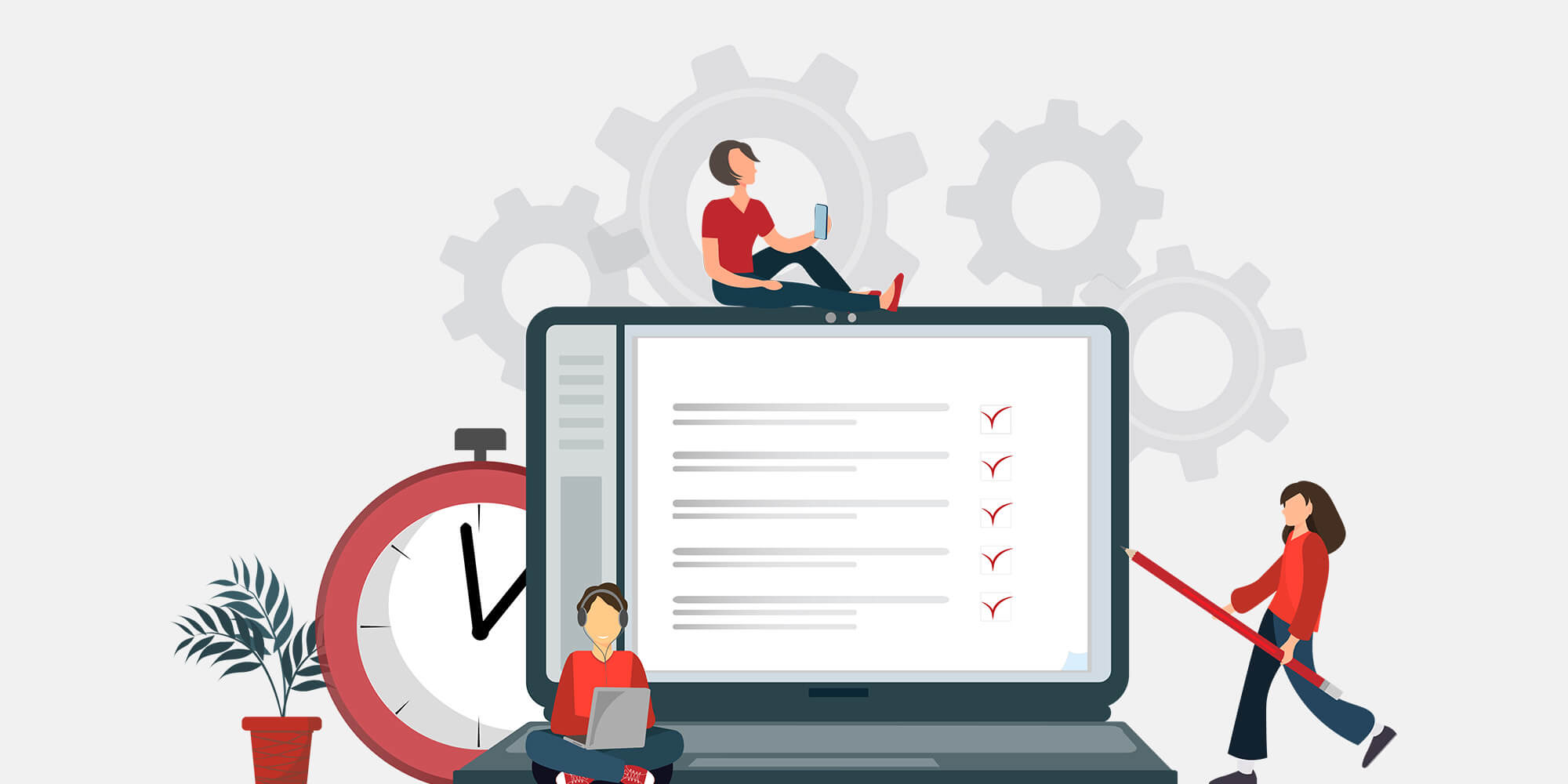Managing your time better at work - DEEP

Basic time management principles
1. Be organised
This means planning and structuring your tasks, and keeping your desk clear and tidy in a way that makes sense to you.
But how?
One example is the ALPEN method.
Busy day at work? Give the ALPEN method a go!
This stands for:
• Activities: a to-do list of tasks
• Length of time: an estimation of how long things will take
• Planning buffer time: adding in extra time for breaks and interruptions
• Establishing priorities: ordering tasks by urgency
• Noting success: checking to see if your estimations were correct.
This technique is invaluable for cutting your day into realistic chunks, then checking that tasks are carried out correctly.
2. Set personal goals
Setting personal goals allows you to know exactly where you are in your tasks and what you still have to do; all the more so if they are SMART – Specific, Measurable, Achievable, Relevant and Time-bound.
3. Define your priorities
There are a number of methods you can use to outline your priorities and become more efficient.
The broad strokes of these different methods may differ, but they all converge on the same principles:
• identify the tasks to be carried out,
• analyse the degree of urgency and importance,
• act based on the first two points,
• review these criteria regularly
So how do you do this?
Several methods exist:
The Eisenhower matrix
This principle orders tasks based on their urgency (see table below) and can be useful for delegating and prioritising tasks.
|
Urgent |
Less urgent |
|
|
Important |
Do first |
Do later |
|
Less important |
Delegate |
Don't do (bin) |
A more general method: Getting Things Done
Getting Things Done (GTD) is an organisation technique devised by David Allen. This self-management method takes into account both professional and private activities, and classifies them according to their type and the workload involved. One of the advantages of GTD is that you’re encouraged to write down the tasks you need to do straight away, which frees up your mind.
4. Stop procrastinating
Putting off tasks for later that can be done now is a real barrier to action that can have significant consequences in terms of productivity and meeting deadlines.
5. Say no
Declining tasks stops us from being overwhelmed by things that are not our responsibility.
6. Take breaks
Breaks help reduce stress and oxygenate the brain.
Contact us
Do you have any questions about an article? Do you need help solving your IT issues?
Contact an expert







Our experts answer your questions
Do you have any questions about an article? Do you need help solving your IT issues?
Other articles in the category Trends, tips and tricks
Protecting your SME from cyber threats
POST includes security features in its business connectivity offering - ConnectedOffice to protect SMEs
Published on
08 March 2023
Customise the icons of your apps is possible
Are the application icons on your smartphone's interface not to your liking? You can change them. For Android and iOS, we show you how to do it.
Published on
14 October 2022
Is the metaverse the future of the Internet?
Bloomberg estimates that the metaverse market could be worth $800 billion by 2024, and yet this emerging phenomenon remains a mystery to many of us. Why should we find out more and what can we expect?
Published on
13 September 2022



